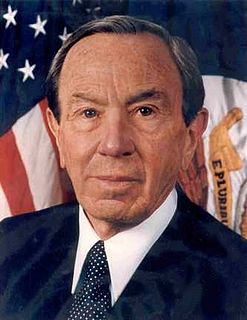A Quote by Frank Moore Cross
I find it exciting to get any historical material from the ground. As you know, I love to put ancient Israel and its literature into their ancient contexts. And to rebuild - that is, to me, a very exciting historical task.
Related Quotes
The Bible is an ancient text from an ancient context. We live thousands of miles and thousands of years away from that context, which also represents different cultures. Archaeology is a modern means of revealing both the lost record of the ancient world, and the historical and social world of the Bible. While the purpose of archaeology is not to prove the historicity of the people and events recorded in Scripture, it can help immeasurably to confirm the historical reality and accuracy of the Bible and to demonstrate that faith has a factual foundation.
When I got the opportunity to do the new wing [the Schauhaus] for the German Historical Museum, for instance, I didn't see it as an opportunity for my own ego, to do something so exciting that every architectural publication would want to put it on the cover. I accepted it because I knew it was going to be a very difficult project, and I wasn't sure I could do something exciting there.
The critical thing about Western democracy is the fact that you usually have a transition of power without bloodshed. That is an enormous advantage. But still, democracy as we know it was only invented recently in the West, historical speaking. It did not really work in ancient Rome. It functioned for less than 200 years in ancient Athens.
I was trained as a philosopher never to put philosophers and their ideas into historical contexts, since historical context has nothing to do with the validity of the philosopher's positions. I agree that assessing validity and contextualizing historically are two entirely distinct matters and not to be confused with one another. And yet that firm distinction doesn't lead me to endorse the usual way in which history of philosophy is presented.
Prince, you never knew what to expect from him from one album to the next. Miles Davis was like that. You know, once you get used to one style, boom, he switched it and, you know, switched gears on you. So those artists are very exciting to me, very exciting to follow their path, you know, and their journey.
































